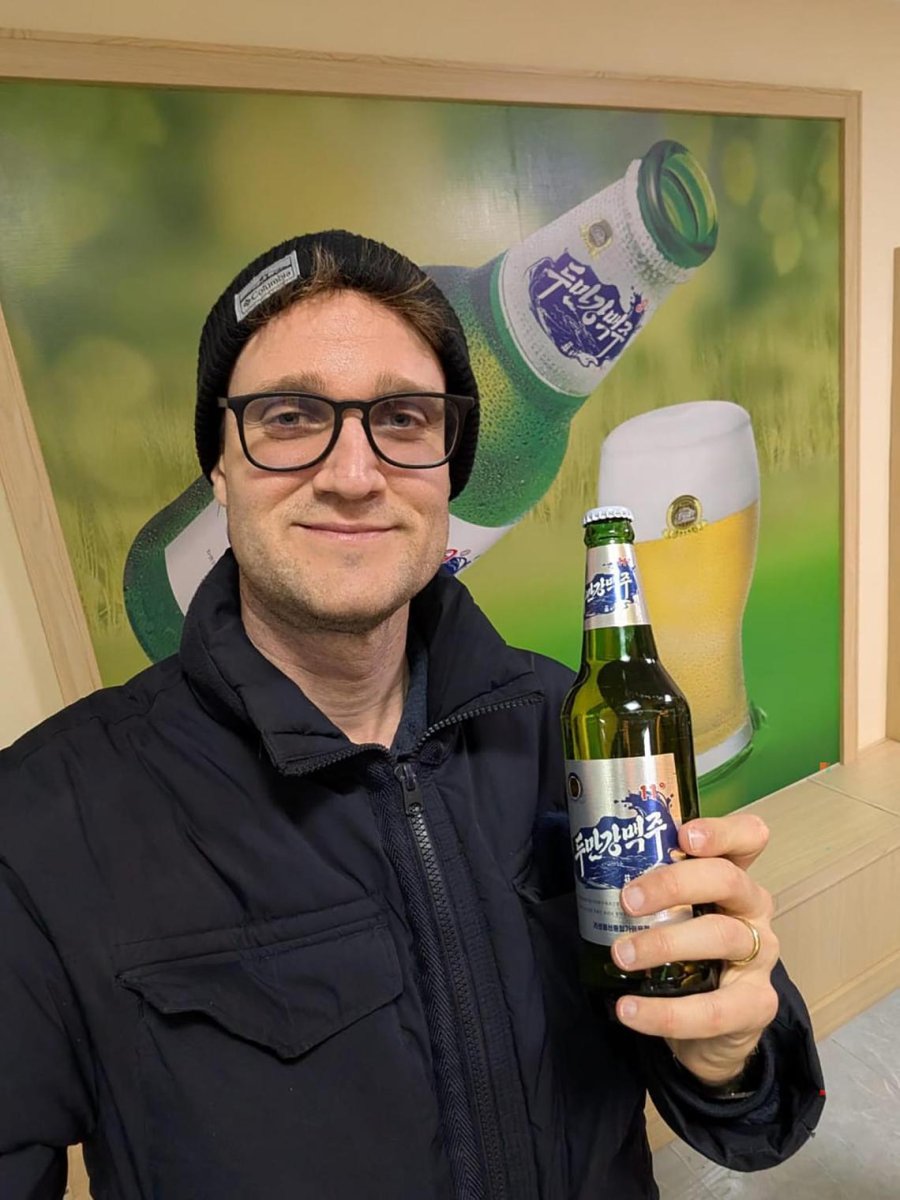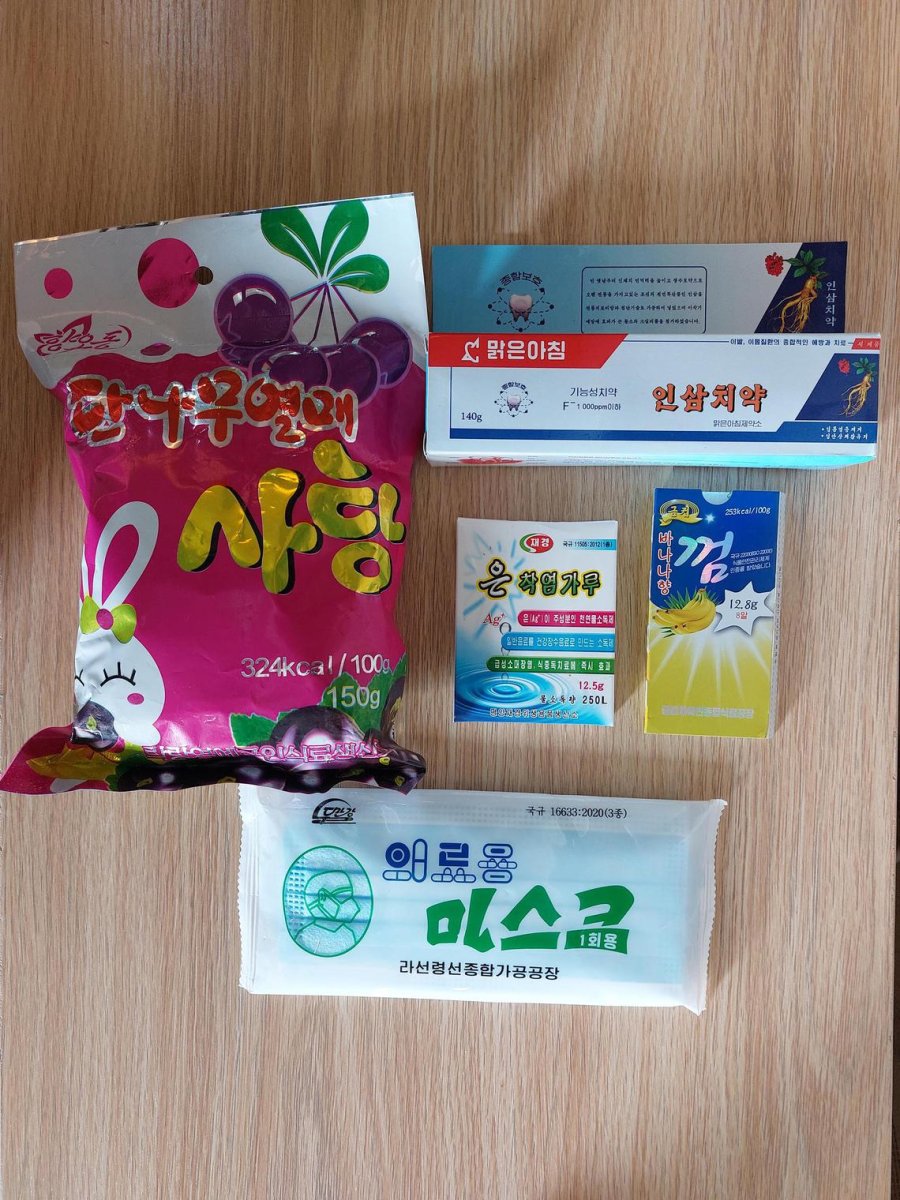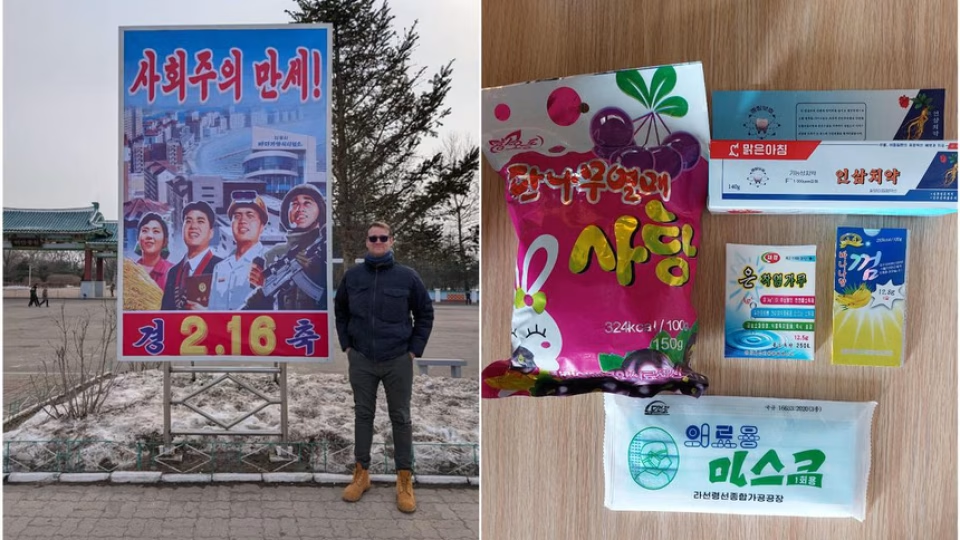February 20, 2025
SEOUL – When Mr Rowan Beard stepped into North Korea recently, his very presence sparked a buzz.
“At first, the North Korean immigration official was like, ‘You Russian?’ and I replied, ‘No, I’m Australian,’ and handed him my passport,” said the tour manager, who has travelled to North Korea more than 100 times since 2012.
The immigration officer immediately shouted to his colleagues, who then gathered excitedly to look at Mr Beard’s passport.
Mr Beard, from Beijing-based tour agency Young Pioneer Tours, was among a select group of travel operators – no more than 10 – allowed back into the hermit kingdom for the first time since it shut its borders in January 2020 due to the Covid-19 pandemic.
The tour operators were in North Korea earlier in February on a familiarisation trip as the country gears up to reopen to tourism from Feb 20. But only the Rason Special Economic Zone (SEZ), located in the north-eastern part of the country bordering Russia and China, is being opened to tourists.
Mr Beard’s agency will take about 10 visitors to Rason SEZ on Feb 20, while another agency, Koryo Tours, will lead a group of about 15 visitors.
The tours include visits to a beer brewery, foreign language school, taekwondo school and viewing spot where the North Korean, Chinese and Russian borders meet.
Mr Beard’s agency is offering two runs of the tour in March, and three Singaporeans have signed up separately for the second run in mid-March.
Set up in 1991 to attract foreign investment, Rason SEZ was never as popular a travel destination as Pyongyang, which remains closed to foreign visitors save Russians.
While Russian tourists have been allowed to enter North Korea since February 2024, given warming ties between Moscow and Pyongyang, the country has remained closed to all other travellers, including Chinese tourists, who accounted for as much as 90 per cent of its tourist arrivals before the pandemic.
A North Korean news website previously reported that a record 350,000 Chinese tourists visited North Korea in 2019 before the border closure.
But on Feb 18, a Chinese travel agency said it received the green light from its North Korean partners to resume tours and was accepting applications for a tour departing for Rason SEZ on Feb 24.
Mr Beard said anticipation for the tours to North Korea had been building since word first spread in December 2024 of a possible reopening. The response was overwhelming when his agency announced the tours on Jan 28.
“In the first five minutes, our inbox started getting smashed with all the inquiries coming in. We were being ‘attacked’ from all angles from people wanting more details and to book and to be one of the first to return,” Mr Beard said.
The clientele for North Korean tours tends to be mostly from Australia, Canada and Europe, with a small proportion from Hong Kong, Taiwan and Singapore, he said.

Mr Rowan Beard with a bottle of Tumangang beer brewed by the Ryongson Beer Brewery located in the Rason Special Economic Zone. PHOTO: ROWAN BEARD/YOUNG PIONEER TOURS/THE STRAITS TIMES
North Korea does not allow South Koreans to enter the country, while the US government has banned travel to North Korea since 2017 following the detention and subsequent death of US student Otto Warmbier, who was sentenced to 15 years of hard labour for stealing a propaganda poster from a North Korean hotel.
A travel advisory on Singapore’s Ministry of Foreign Affairs website advises Singaporeans against non-essential travel to North Korea.
Mr Gergo Vaczi, chief representative of Koryo Tours, told The Straits Times that the North Korean guides he was working with expressed a mix of excitement and anxiety about their country reopening to tourists again.
“Because they haven’t had tourists for five years, the guides feel like they are out of practice. They are anxious about their English,” he said.
While the tourist facilities are largely unchanged from five years ago, some attractions, such as local markets, are now off-limits due to the North Korean authorities’ lingering concerns about the pandemic.

“Silver digestive salts” for food poisoning prevention, North Korean toothpaste, gum, a mask and sweets. While news broadcasts on North Korean TV still urge the country’s citizens to mask up, there is no mandatory requirement to wear masks. PHOTO: GERGO VACZI/KORYO TOURS/THE STRAITS TIMES
Mr Vaczi estimated that at least half of the locals were still wearing masks, with strict implementation of temperature taking and hand disinfection before visitors are allowed inside certain buildings.
While news broadcasts on North Korean TV still urge the country’s citizens to mask up, there is no mandatory requirement to wear masks, he added.
On the biggest change in North Korea over the past five years, Mr Vaczi pointed to signs of the abandonment of the unification ideology announced by North Korean leader Kim Jong Un in January 2024.
“They used to refer to South Korea as ‘South Chosun’ in the newspapers, but now they use the term ‘Republic of Korea’,” Mr Vaczi, who is Hungarian, told ST.
He also noticed that world maps found in hotels and schools used to highlight the entire Korean peninsula in red, but now only North Korea is highlighted.

A map of the world with the timings of different cities across the world, found in a hotel located within North Korea’s Rason Special Economic Zone. PHOTO: ROWAN BEARD/YOUNG PIONEER TOURS/THE STRAITS TIMES
While Mr Beard noticed a much smaller Chinese presence in the Rason SEZ than before the pandemic, both he and Mr Vaczi did not see any obvious signs of economic hardship arising from North Korea’s border closure.
There has been speculation that the country is in desperate need of hard currency in the face of continuous international sanctions, with a tourism revival estimated to bring back some US$175 million (S$235 million) in annual tourist receipts.
Mr Beard said he is aware that some tourists worry their tourism dollars might fuel Pyongyang’s nuclear programme, but he does not believe this is the case.
“I’ve seen this money go back into the tourism infrastructure they have. This is what pays the staff, puts fuel in the bucket, pays for the running of the hotels. Sure, some percentage goes back to the government, but is it enough to put plutonium into a nuclear missile? I don’t think so.”

MAP: THE STRAITS TIMES GRAPHICS
Professor Mimura Mitsuhiro, of the University of Niigata Prefecture’s Economic and Social Research Institute for North-east Asia, told ST that tourism revenue does not contribute much to the North Korean economy but does support the tourism industry and provides a window to the international community.
Dr Yee Ji-sun, a researcher at the Korea Institute for National Unification, told ST that the reopening of North Korean tourism offers an opportunity for the country to reap economic benefits and dispel false impressions that it is suffering a crisis due to the pandemic.
Noting that favourable reviews from Russian tourists appear to have given Pyongyang the confidence to reopen, she said the return of tourists “could help reshape North Korea’s reputation, shifting it from a ‘dangerous country’ in the eyes of the international community to a potentially ‘safe’ travel destination”.
- Wendy Teo is The Straits Times’ South Korea correspondent, based in Seoul. She covers issues concerning the two Koreas.

